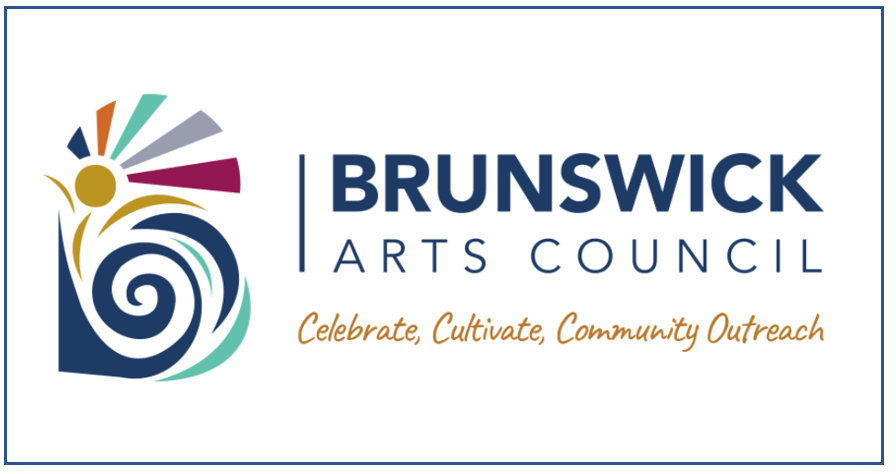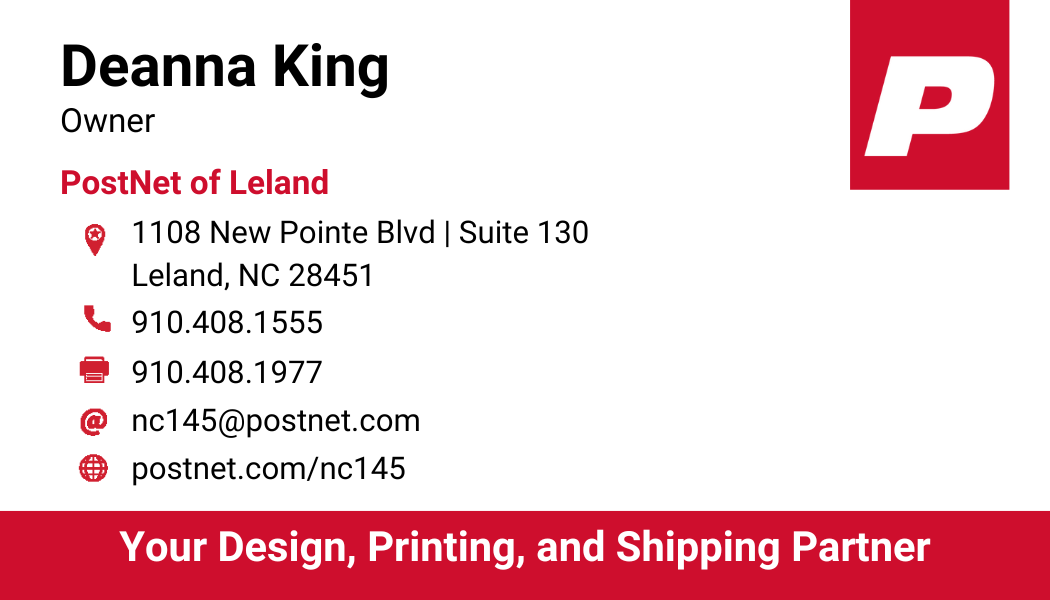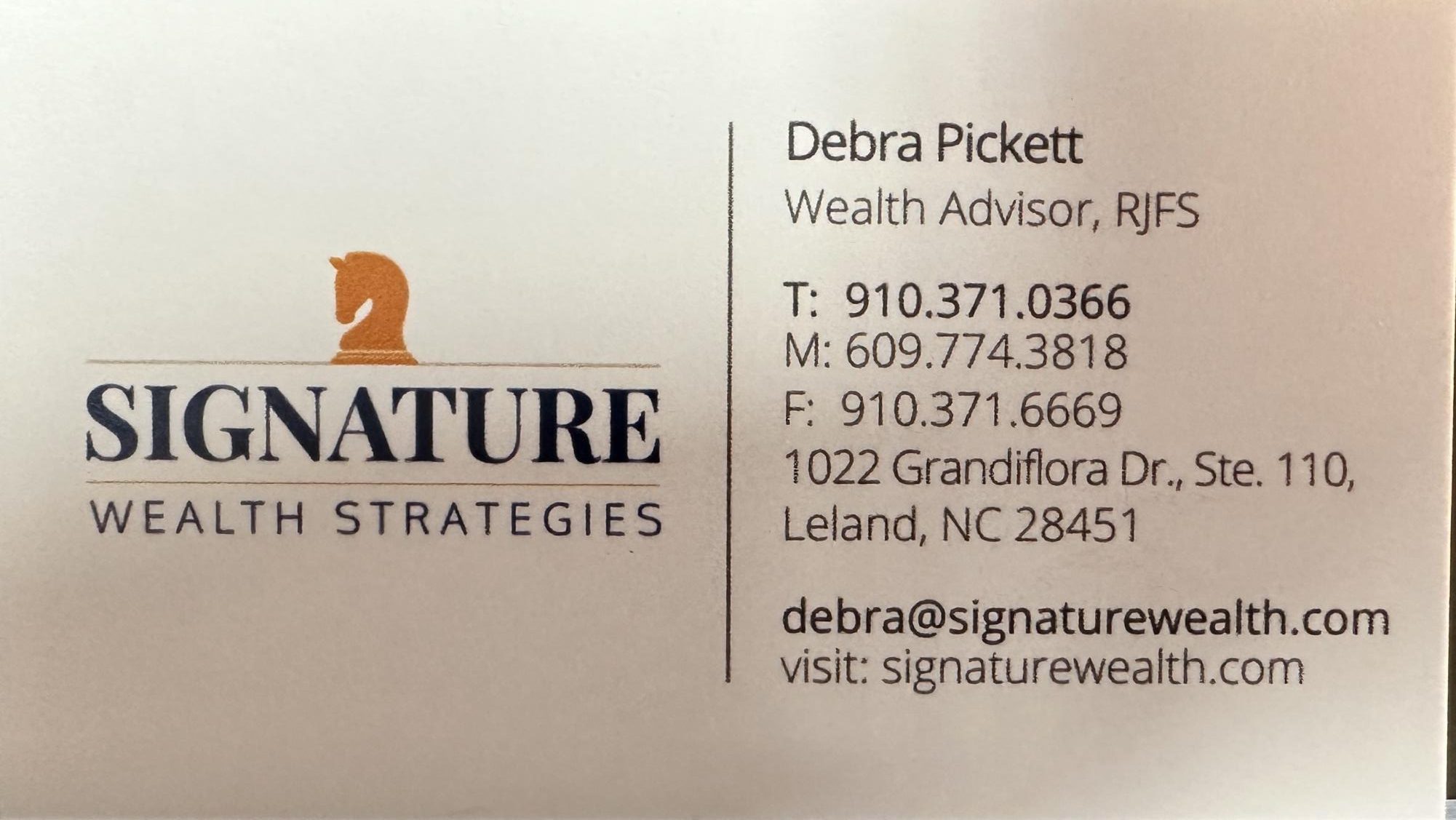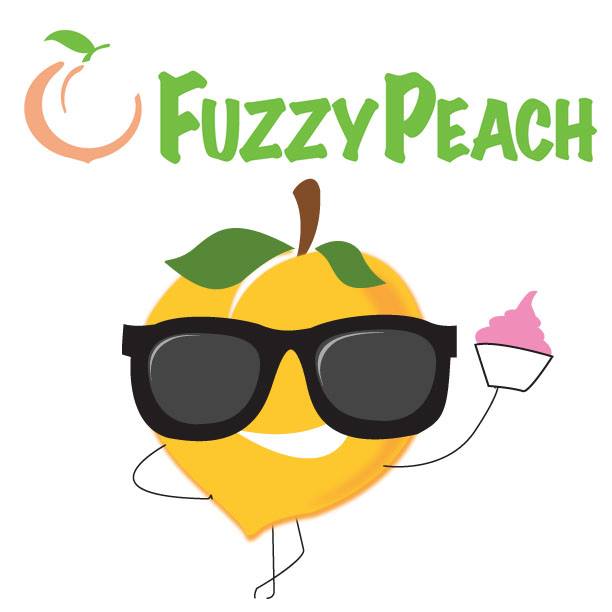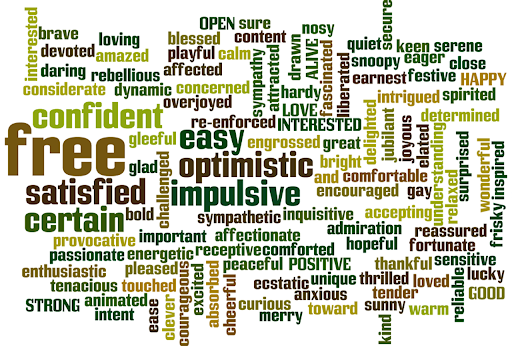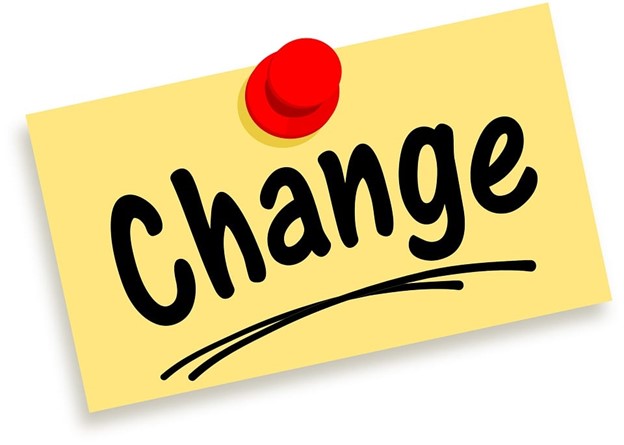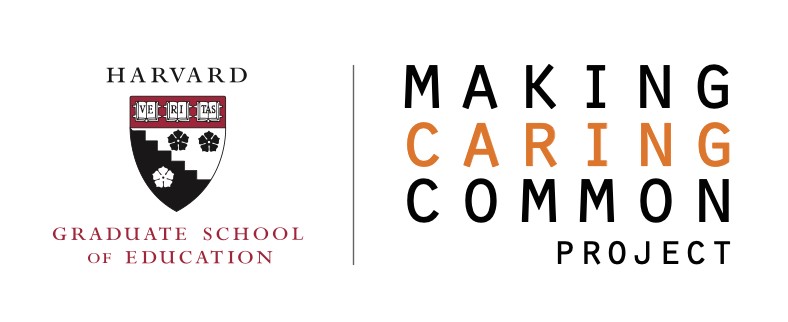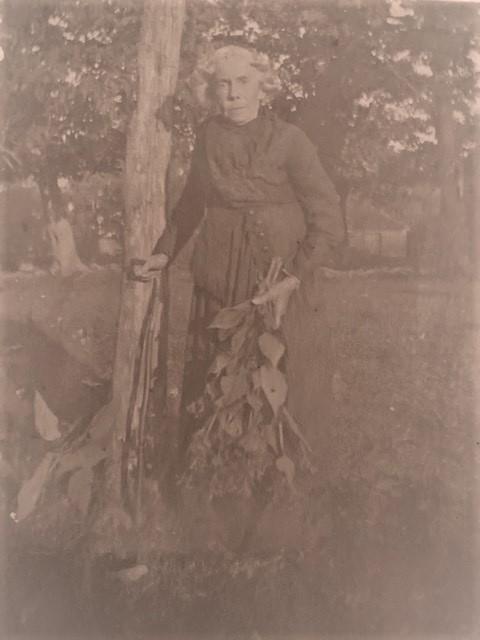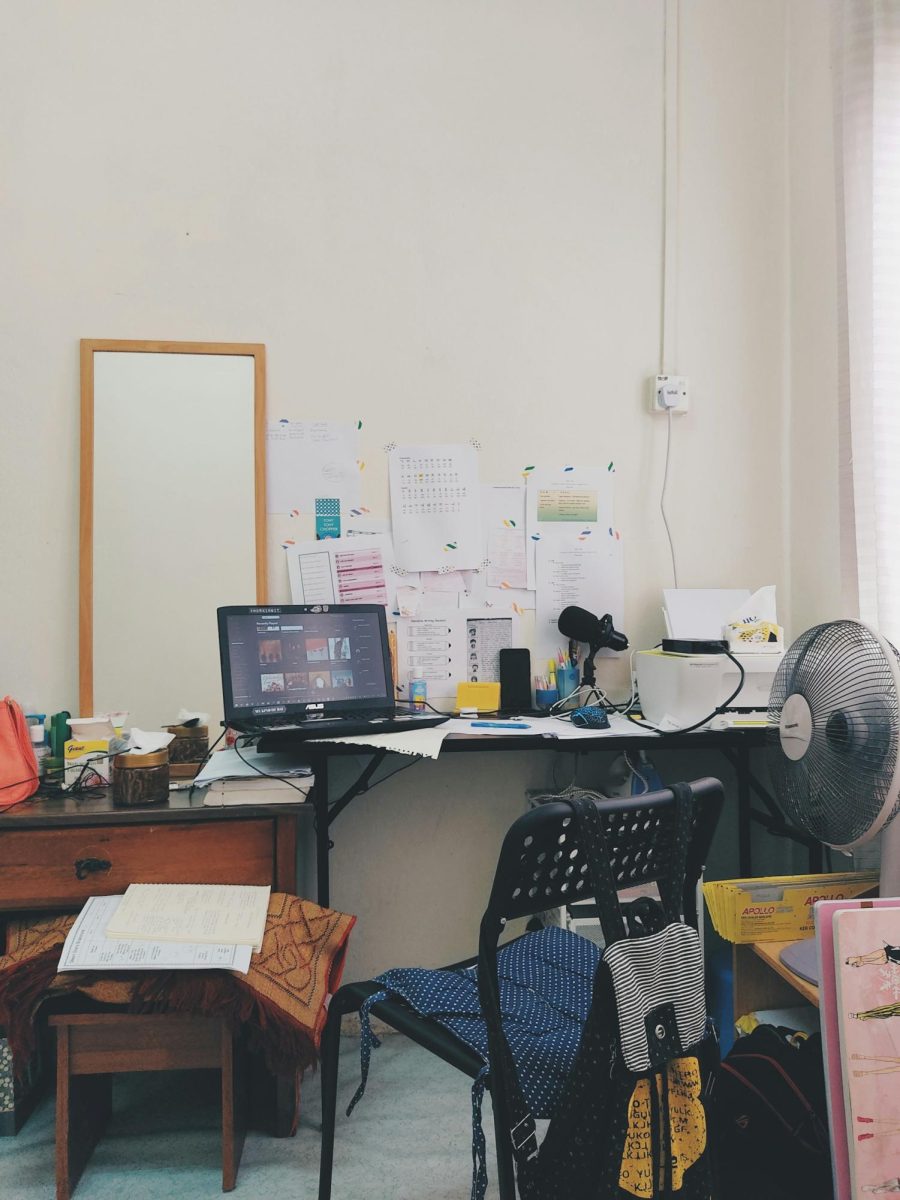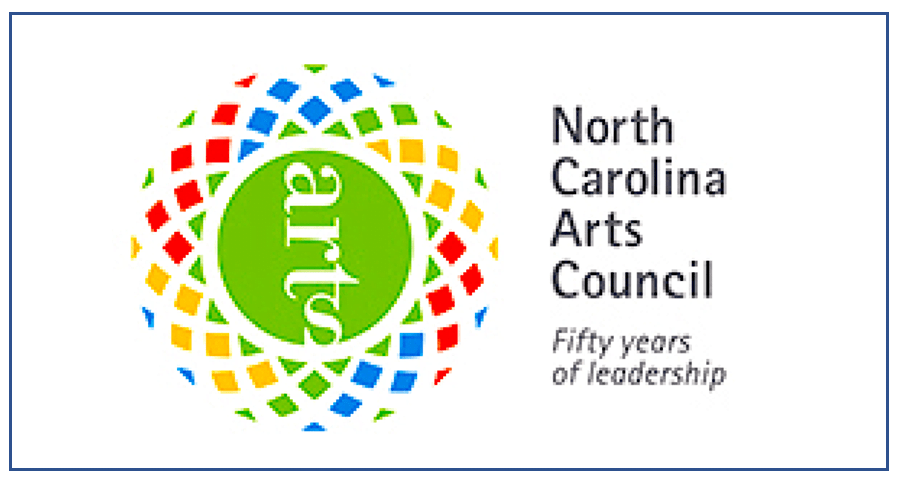During the course of your life, you will go on several interviews. An interview is a conversation where one person asks questions designed to determine if the other person, or the candidate, is a good fit for a certain job.
If you are planning to go to college, chances are you are going to have to get a job while you are in high school to help with tuition and related expenses. No matter what job you apply for, you need to know how to effectively interview.
Think of an interview as going on a date. Like dating, the purpose of the interview is to see what both parties have in common. For a job interview, you have to decide if the job is a good fit for you as well as the potential employer. You have to share information, dig for details and be open about what is important to you.
The interview actually begins when you arrive. Make sure you make eye contact with anyone with whom you are speaking, including a receptionist or the person who greets you when you arrive.
Speak up. If you mumble or just nod, you are giving the impression that you aren’t comfortable speaking with people, or worse, that you just don’t care.
Practice shaking hands. If someone in the interview process extends their hand to shake upon introducing themselves, respond with a firm grip and shake their hand. If you are a male and the interviewer is female, shake her hand in the same manner as you would a man.
Bring an extra copy of your resume with you. If you don’t have one, create one. If you don’t have any work history, list your name, contact information such as your email address and phone number of the top of the page. Make a list of your skills in the next section. Include things like effective verbal and written communication skills, teamwork, and any technical skills you have. Try to list skills that relate to the job for which you are interviewing.
If you participate in extracurricular school activities, put them under your list of skills. If not, add two references and their phone numbers. These would be people who know you well and can speak to your accomplishments. Think of your neighbors, teachers or clergy.
Finding the right person for a job is critical for the hiring manager. Hiring and training costs money so they want to ensure that the person they select is the best candidate for the job.
In all likelihood, they will start the interview by asking you to tell them a little bit about yourself. Don’t make the mistake of thinking that they want to know how many brothers or sisters you have, or if you have a pet. They want to know if you are going to fit in with the current team members; they want to make a determination about your work ethic and they need to decide if they can count on you to be there and do the job well if they offer you the position.
Think about the following conversation starter as your response to the, “Tell me about you,” question:
“Right now, I’m in (middle/high) school and plan to go to college. I want to start to save money so I can help my parents pay for my tuition.”
Using a response such as this tells the potential employer that you can set goals and have a plan for achieving them, that you put some thought into applying for a job and that you can express yourself.
During the course of the interview, you may be asked to give an example of how you did something. Before you answer, think about the job for which you are applying. If it’s in the fast-food industry, you know there will be customer interaction and providing customer service. Whatever the industry, think about how your answer will benefit the employer. For example, if the potential employer asks you to tell them about a time when you had to solve a problem, if appropriate, a good scenario to share would be:
“Once, I was at a fast-food place. The customer spoke Spanish, but the worker didn’t. My grandmother taught me some Spanish, so I was able to translate what food they wanted to the person behind the counter.”
In this example, you are showing the employer that you took responsibility for something that wasn’t your issue, but you provided a positive outcome because of the action you took.
Good interviewers want to hear what you have to say. They may ask if you have any questions for them before you leave the interview. This is what NOT to say:
“When do I start?”
“How quickly do I get a raise?”
“What happens if I come in late?”
“Can I leave early on Fridays during football season?”
The only thing responses like these tell the interviewer is that you don’t care about the job. A better approach to asking the employer questions is:
“Can you describe a typical day at work?”
“How will I be trained?”
“How long do you think it takes for someone to be good at this job?”
“What are the next steps in the hiring process?”
Posing your questions in this manner shows that you are serious about learning and working. Use your own communication style and words but remember to give truthful answers and think like an employer.
By speaking up, making eye contact, and asking pertinent questions, you have a better shot at being remembered when it comes time to select the candidate that will get the job. In the interviewer’s mind, you will be, “that kid that had the good questions and answers,” instead of “that kid that didn’t say much.”
Remember to follow up with an email to the person or people who interviewed you. Thank the interviewer for taking their time to speak to you and consider you for the position. If this is a job you want, make sure you stress that in your email.
The interview process is a time for discovery. Put your verbal communication skills to work and wow that potential employer.

